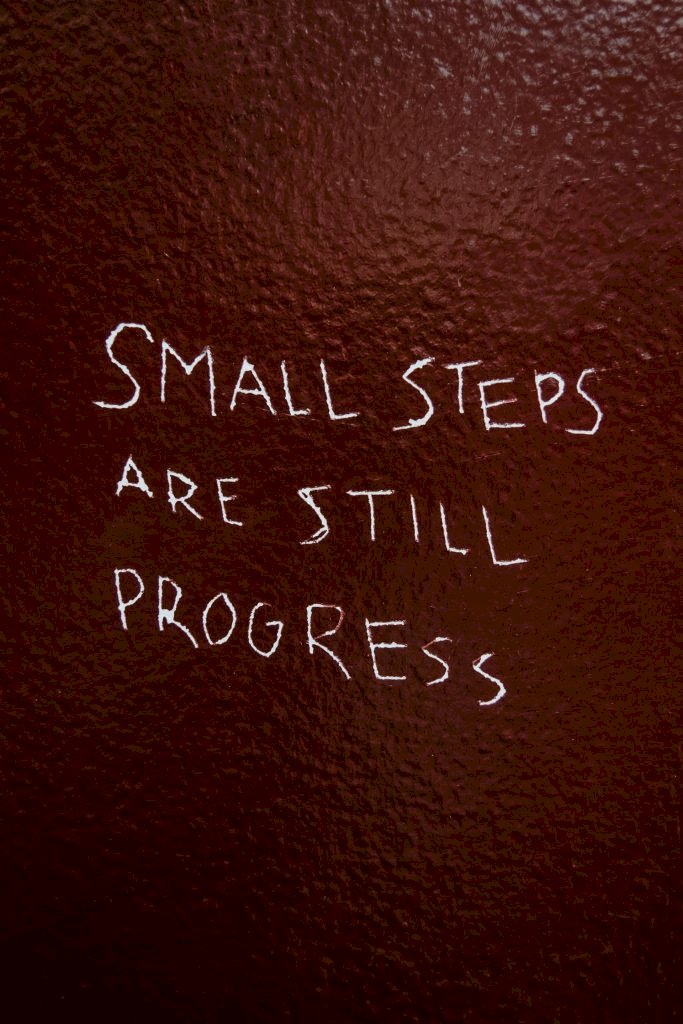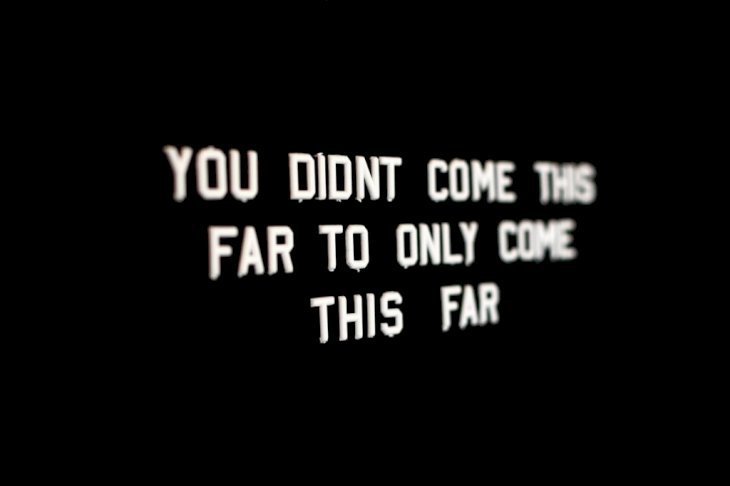
5 Tips To Help You Quit A Bad Habit
Do you bite your nails? Do you smoke? We all have at least one bad habit we would want to stop. It won't be easy, but these tips will help you do just that.
There are many bad habits out there. Some bad habits can be thought to be "okay" to keep, such as fidgeting or double-checking. In comparison, some can be harmful, like smoking, and would be better to quit. We can have one or multiple bad habits. They can affect our daily life, mental health, physical health, and also our self-esteem.

Unsplash
Getting rid of a bad habit is easier said than done. It takes a lot of motivation, will power, hard work, support, and time. If you'd like to kick a bad habit, it's better to start small and continuously do the work.
How Do We Develop Habits?

Unsplash
If we think about it, developing a habit - good or bad - is the repetition of that action to a point where it becomes a part of our behavior. This is why kicking the bad habit may require a person to "stop" doing the action, and over time that person would have quit that bad habit.
We may develop bad habits to cope with any anxiety and stress we may be feeling. These bad habits may even start from as early as childhood. Some habits may also only reoccur during triggering situations, such as biting nails or smoking when feeling anxious or stressed.
How Long Does It Take To Develop Or Quit A Habit?

Unsplash
Many studies have been carried out to calculate how long it takes for a person to quit a bad habit or develop a good habit. The time does vary between the studies. On average, it should take a person who is actively and consciously trying to quit a bad habit around three weeks to two months, if not more, to quit or develop a habit.
The time it takes to quit a bad habit may also vary depending on the person, the bad habit, state of mind, environment, and many other factors. However, these five tips will help you on your journey to quitting any bad habit you may have.
1. Be Mindful

Unsplash
Knowing what triggers your bad habit is very important in taking the step to cut the bad habit out. The more aware you become about your feelings, thoughts, actions, and what triggers the bad habit, you'll be able to make the conscious decision to stop slowly.
Recognizing the triggers, especially if they're during stressful situations, will help you mentally check yourself to stop. This will also guide you into lowering your stress levels, avoiding triggering situations, and slowly you'll begin to not act on those urges. When you become more mindful, you will ease yourself into quitting the bad habit for good.
2. Start Small

Unsplash
As much as we may feel the courage to stop the bad habit cold turkey, it can be unrealistic and more harmful in our journey to quitting. It takes a while for an action to develop into a habit, so it only makes sense it take a while to stop.
Starting small by creating small goals and celebrating those small achievements will condition you to keep trying and associate the positivity of achieving the goals with cutting out the bad habit. Take it day by day, be realistic in your goals, as you consciously try to stop the bad habit, and it will slowly become more effortless.
3. Surround Yourself With Reminders

Unsplash
Depending on your habit, it's safe to say you need to set some reminders. We may sometimes zone out as we're working or studying, and we forget we're trying to quit a habit, which can quickly creep back into action.
Setting reminders on your phone, placing sticky notes around you, setting alarms, or even telling people who always are around to remind you to stop will be a huge help. Quitting a habit is not easy; reminders will make us rethink our actions and acknowledge our triggers.
4. Surround Yourself With A Good Support System

Unsplash
Just as you surround yourself with reminders, it's crucial to surround yourself with a good support system. Family, friends, and even coworkers can help you quit your bad habit or contribute to your bad habit.
Thinking of who you surround yourself with and your environment is essential in quitting a bad habit. It's best to surround yourself with people who are a source of positive encouragement as they remind you, especially if you zone out biting your nails or you crave a cigarette after a stressful meeting.
5. Don't Give Up, Allow Yourself To Slipup

Unsplash
Quitting a habit is challenging, especially if it has become a comfort source during a stressful or anxiety-filled situation. It is essential to allow yourself room to make mistakes and not to let them discourage you. Mentally preparing yourself, taking it day by day, and not giving up even you slip up is very important for your wellbeing.
Sometimes the pressure we put on yourselves can be more discouraging than encouraging. Any slipup is a teachable moment. The setback will help you consider if you need to change anything or deal with triggers more healthily so you can stick to quitting the bad habit.